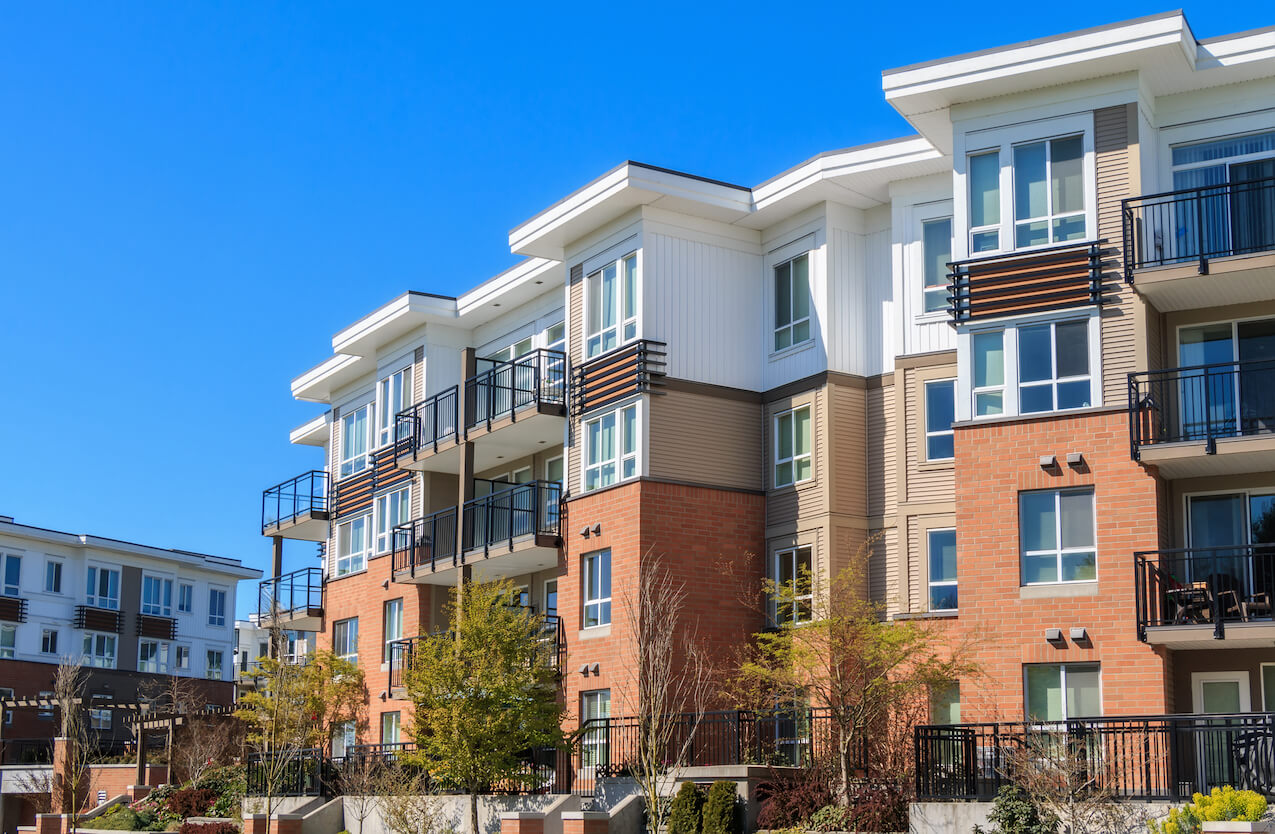What Does Landlord Insurance Cover?
While your specific coverages may vary depending on your specific insurance provider and the details of your policy, most landlord insurance covers the following:
As a landlord in Massachusetts, your rental property is an ongoing investment that requires ongoing protection. Landlord insurance — also known as rental property insurance — is a special type of insurance coverage for those who rent out residential properties, including single-family houses, townhomes, apartments, or multi-unit dwellings. This type of insurance protects your rental properties while also providing personal liability coverage.
With 33% of Massachusetts homes occupied by renters, it is more important than ever for homeowners to secure landlord insurance for tenant damage, natural disasters, and on-premises injuries.

Even though landlord insurance is not legally required in Massachusetts, whether you need coverage may depend on your rental property’s loan agreement. Some lenders require rental property insurance as part of your home loan contract.

While your specific coverages may vary depending on your specific insurance provider and the details of your policy, most landlord insurance covers the following:
You may be able to consider supplementing your landlord insurance policy with additional coverages, such as:
Landlord insurance covers most of the basic needs associated with keeping your residential rental property protected in the event of disaster. However, there are a few instances not typically covered by rental property insurance, such as:
There are many different factors at play when it comes to how much a landlord insurance policy may cost. Each of the following can impact the amount you pay for rental property insurance:
Massachusetts landlord insurance typically covers any type of residential structure, including standalone, single-family dwellings, multi-family properties, apartments, condos, townhomes, tiny houses, Airbnb properties, and most other residences.

If you already have robust homeowners insurance, you may be asking yourself if you really need landlord insurance. Depending on the specific circumstances surrounding your rental properties, the answer could be yes or no.
Long-term Rentals
If your rental properties are inhabited by the same tenants for six months or longer, then a landlord insurance policy is essential. More time spent in your rental property means there are more opportunities for damage or injuries to occur.
Short-term Rentals
Many homeowners insurance policies do not provide coverage for secondary properties that are rented out to different short-term renters on an ongoing basis. For example, if you list an investment property for short-term rental on Airbnb, you’ll need a landlord insurance policy for proper protection.
Sporadic Short-term Rentals
If you rent out your investment property infrequently for short periods of time, then your homeowners insurance coverage may be adequate and landlord insurance may not be necessary.
Selecting C&S to help you find the landlord insurance that’s right for you means teaming up with local, independent agents who know the area well and have your best interests in mind. Whether you are looking to purchase landlord insurance in Massachusetts for the first time or considering making a carrier switch, we’ll work to ensure your policy keeps your rental property protected at the best rate possible. Check out a few of the benefits of working with C&S:
No, landlord insurance is not applicable for shared properties. In this case, since you live in the dwelling where you rent out space, landlord insurance would not apply.
When shopping for a landlord insurance policy, you should ensure that property damage, personal liability, and loss in income coverages are included.
No, landlord insurance does not kick in if your tenants do not pay rent.